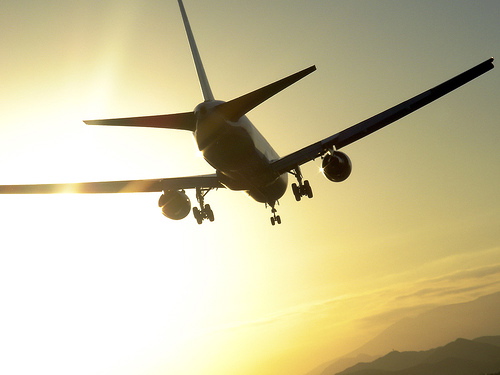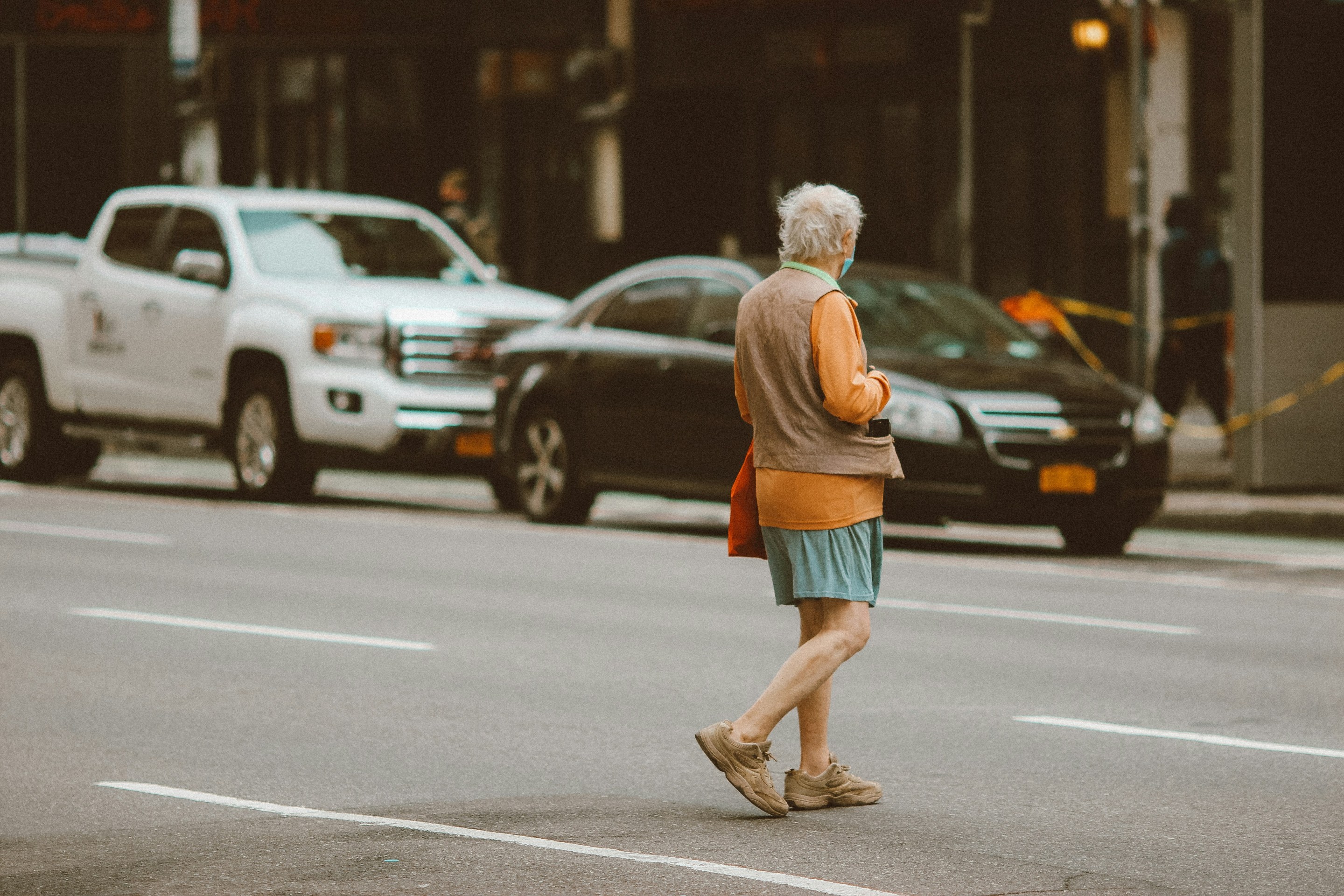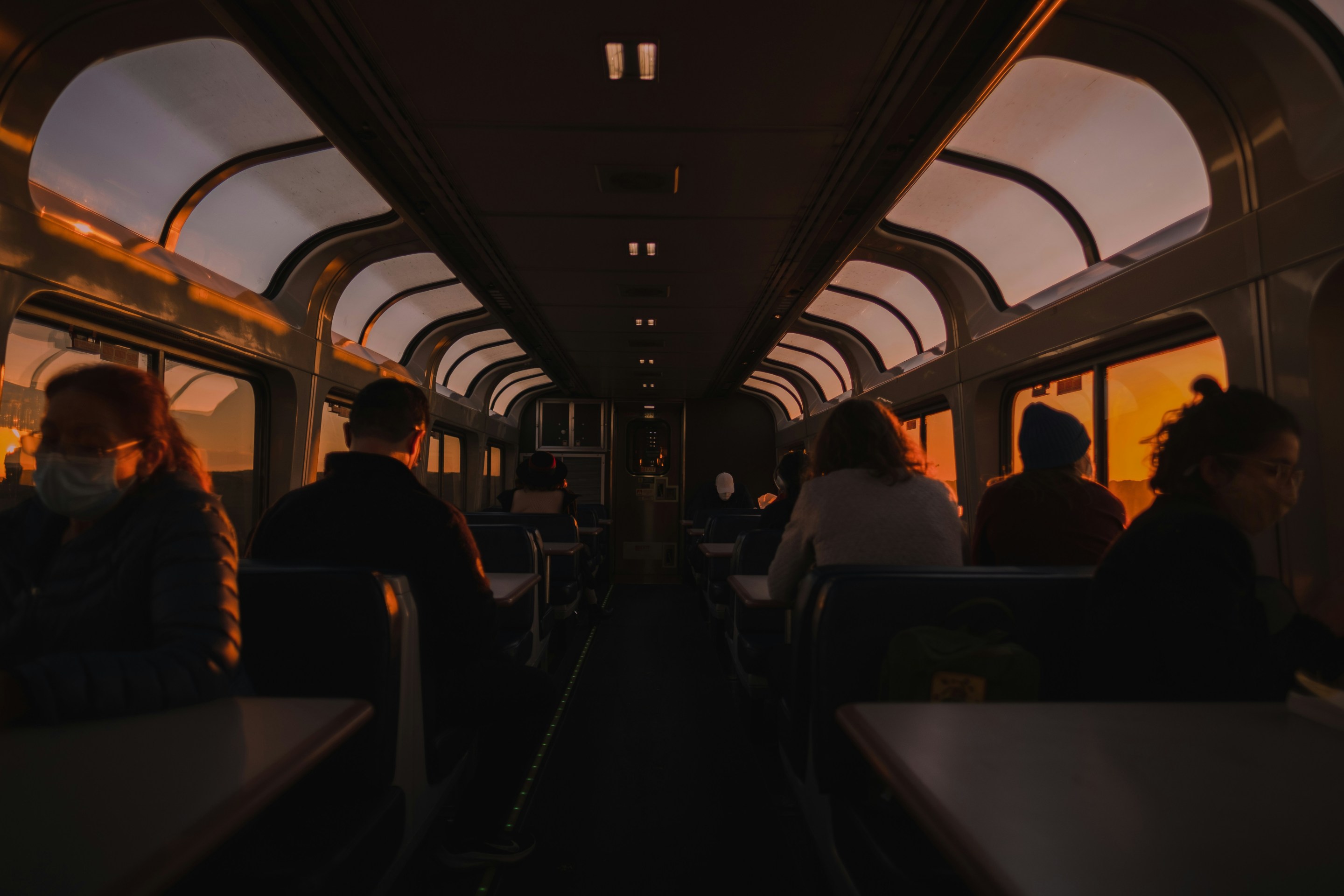There's never any shortage of calls to make Amtrak pay for itself. Republicans deride it as a "Soviet-style monopoly," rife with inefficiencies. But as Ed Glaeser pointed out in an article for the Boston Globe last week, another mode's subsidies are approved year after year without a peep: aviation.

According to Glaeser, fees imposed on airline passengers cover just 70 percent of the Federal Aviation Administration's budget. Aviation subsidies increase if you consider the costs of the Transportation Security Administration. The TSA's 2013 budget is $7.6 billion, of which only $2.5 billion will come from user fees.
What does this have to do with trains? Well, subsidies for air travel and roads are funding Amtrak's competitors. (As Streetsblog has reported, just 51 percent of road funding come from gas taxes, tolls, and other fees on driving.) Cutting subsidies to rail while maintaining the others would hardly create a level playing field.
But cutting FAA and TSA subsidies doesn't seem to get the kind of attention as the push to cut Amtrak loose. Perhaps aviation subsidies tend to avoid public scorn because air travel is widely perceived to be critical to the economy. But rail is too, and with more investment, it could be a far more widely-used and relied-upon mode of travel. And rail subsidies wouldn't be as regressive as aviation subsidies: According to Glaeser, those who make more than $100,000 per year fly ten times more than those who make $50,000 per year.





